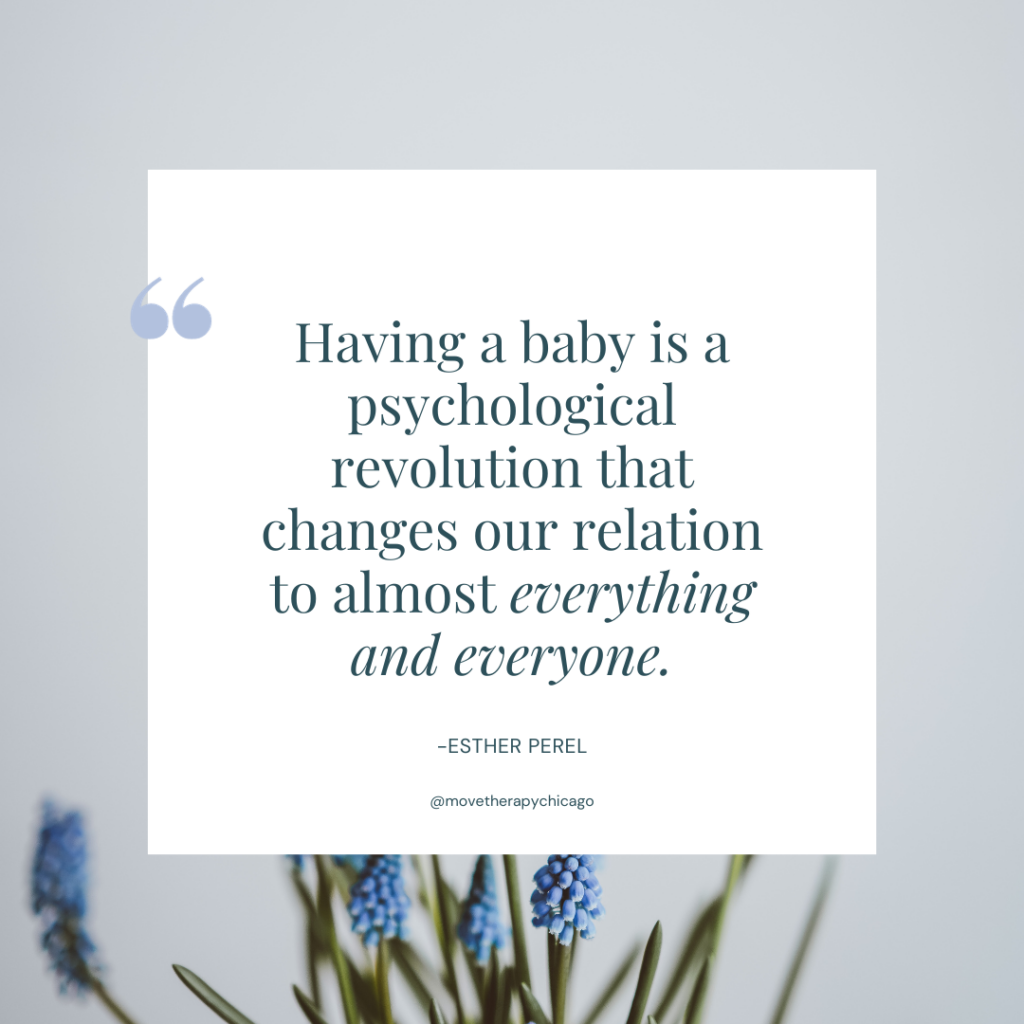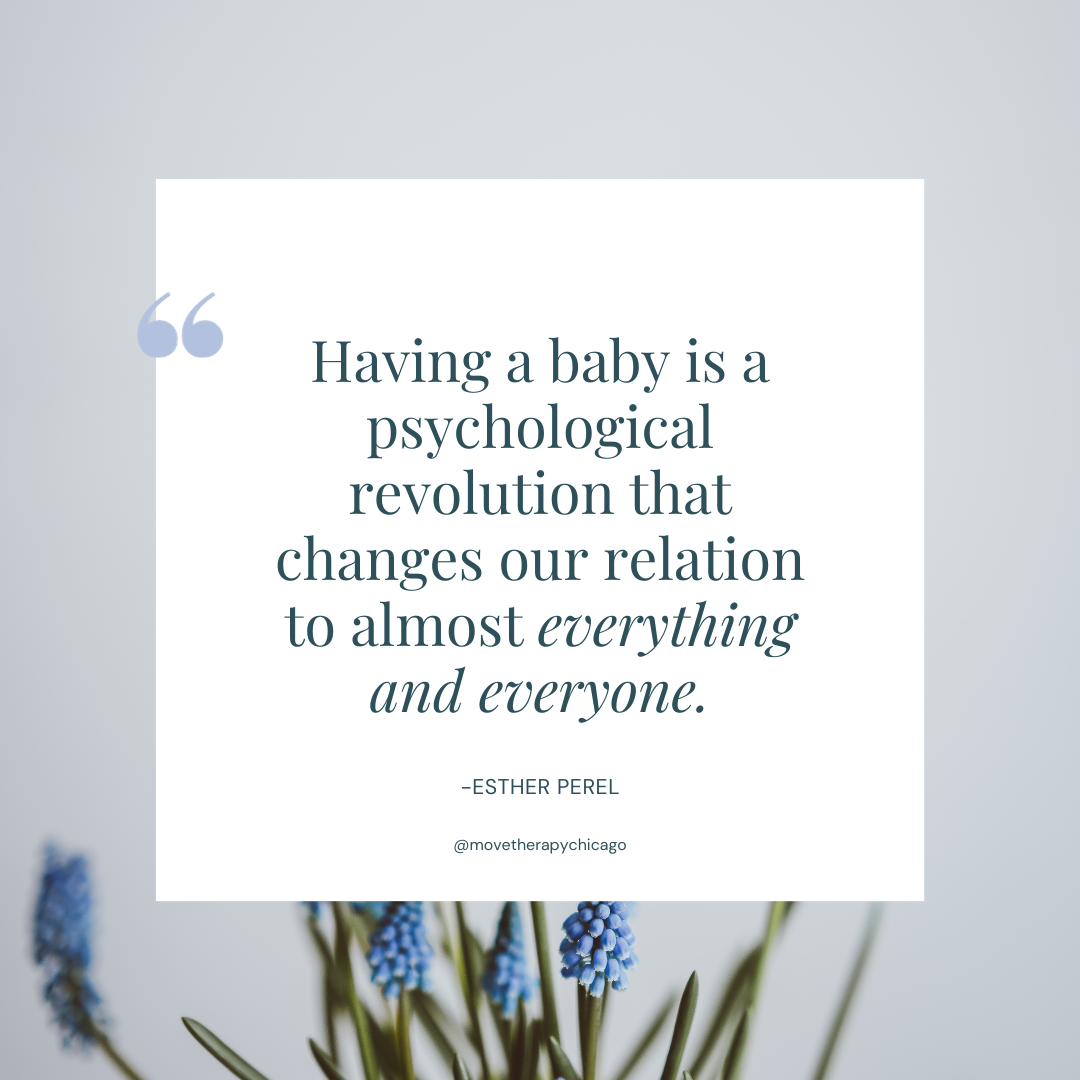
Nothing will alter your relationship quite like having a baby does. It will push, strain, and transform your relationship in ways that you can’t quite prepare for until you’re in the thick of it. Most couples struggle as they make sense of what can be simultaneously the most beautiful and difficult experience they go through together.
In her book, To Have and to Hold: Motherhood, Marriage, and the Modern Dilemma, Molly Millwood talks about the strain that children have on a significant amount of modern relationships. She says, “The myth, which somehow persists even though the strains of parenthood are well known, is that having a baby cements a couple’s bond. The irony is that children quite often threaten the very connection from which they came.” There is an abundance of research to backup her claim. Numerous studies (and I mean, numerous) show that marital happiness significantly declines when partners become co-parents. She goes on to say, “Their sense of intimate connection, emotional and sexual, drops precipitously. Their level of conflict rises sharply; new parents argue nine times as often as they did before they had a baby.”
There are a plethora of reasons why we see less marital or relationship satisfaction after the birth of a child than we did in previous decades. Changes in expectations of relationships plays a role, significantly less support for new parents and new mothers in particular on a structural level place a significant role in this, as do things like rising childcare costs and external stressors that have become part and parcel to modern-day parenting.
Those are important things to mention and even more important things to address. However, beyond the resistance we can collectively embody towards change, we are not left powerless in the changes we can make to improve our relationships during this transition. In this blog post, I hope to bring you some tools and mindset shifts that can help you navigate one of the most challenging transitions a relationship can experience.
First and foremost, allow yourself to grieve.
Becoming a parent is magnificent. It’s magical. There is love like you have never experienced. AND becoming a parent also means loss. The first statements of this paragraph are true, sure. However, they are not the entire story. Some other things that can also be true about becoming a parent include that it’s incredibly hard and your life will never be the same, and that comes with a pretty significant amount of grief.
There seems to be this either or narrative in our society around parenthood. Either you love your baby and it’s the greatest thing that’s ever happened to you OR you’re grieving your old life and missing your freedom and independence and therefore you must hate your child and be a terrible parent. The reality is, it’s both (minus the you must hate your child and therefore be terrible parent thing, you’re not.)
Most of us feel guilty for acknowledging the grief we feel for our old lives, and that includes our relationship with our partner. We likely miss the intimacy, both physical and emotional and what that felt like before a child. We may miss the freedom and how we chose to spend our time together before that time became consistently dedicated to the child. We may miss the support that our partner gave us that has likely turned towards the emotional needs of the child. All of this is normal and needs to be felt.
One of the most powerful things that you can do to support yourself and your relationship is to acknowledge this grief. To validate it. To know that it doesn’t make you a bad parent. Sharing it with your partner can be a powerful way to feel connected with one another. When we try to avoid this experience, many times those emotions can be taken out on our partner or stand to become a cement wall between us. Acknowledge them. Talk about them. Normalize them for each other. It’s part of the process and one that is unavoidable. And you are both going through it together.
Redefine the expectations of your partnership.
Most of us enter marriage or a long-term partnership with certain expectations of our partner. More now than ever before in history, marriage has become expected to bring emotional support and a new level of connection and companionship. While these ideals are not a problem, in fact they can lead to really beautiful connections, they also can be completely unattainable with the birth of a child, especially in the early months and years.
Many difficulties that I have seen as a therapist that arise in partnerships after the birth of a child have to do with roles and expectations that have not been renegotiated after the baby has been born. What tends to happen without this explicit conversation is a misalignment between partners that can lead to resentment, anger, hurt, and inevitably, conflict that can’t be worked through. The baby will need a lot of time, attention, and emotional support from both parents in those early months and years. This can lead to less time for each other. While we may not want to say that out loud, it’s often the truth, and bringing some acceptance to this reality can go a long way in preventing more conflict in the relationship.
One of the best ways to work through this with your partner is to have a conversation. In this conversation, it can be helpful to name what you have wanted out of a long-term partnership and what those needs have been. As you make the transition into parenthood, continuing to check in with each other about how this has changed and will continue to evolve can be very helpful. This may come with sadness or grief, and that is okay. But renaming what you can expect from each other, with the firm acknowledgment that it is going to be different for a period of time, can be immensely helpful at getting on the same page. It will be different for a while. It won’t be that way forever. Remembering this can offer grace to yourself, your partner, and the relationship.
Connect over hardship & find what it means to be a team (in your own terms).
Every couple will navigate their roles and responsibilities differently. This includes the other roles that people may take on such as parenting responsibilities, domestic responsibilities, work both inside and outside the home, etc. as well as what roles we serve in our partnerships with one another.
The reality is, parenting is hard, but sometimes what makes it hard isn’t so much the being a parent to your child as much as it is being a parent to your child IN ADDITION to these other roles. Before your baby came into this world, you likely found a way to balance all of your roles and responsibilities within and outside of your partnership. Now, we have to renegotiate what this all looks like with parenting added to that mix.
Chances are, there will be some struggle with your partner as you navigate this. First and foremost, remember that you are on the same team. You are BOTH going through a major transition. It’s really easy to see your partner as the enemy when you are struggling to meet your own needs. The reality is, you are both likely working towards the same goal. We may need to be reminded of that. (As a side note: it’s well documented that mothers in heterosexual relationships tend to take on more responsibilities in both parenting and domestic chores. If the “mother load” imbalance is causing a lot of strain, that is a separate issue and should be addressed before we can get on the same team.)
Turning towards your partner during this time means also navigating what balance or division of these responsibilities looks like in your partnership. Each one is different. Some partnerships have one parent working inside the home while others have two partners working outside of the home. The way responsibilities are navigated will likely look different in each of these situations. It does not have to be 50/50 and likely it won’t ever be. I am NOT suggesting that mothers should continue to take on the vast majority of labor. What I am suggesting is that you likely will find one partner does more in one area while the other takes on more in another. You also will likely have to continue to shift these dynamics. Make it a habit to regularly check in with one another to make sure that things feel balanced, whatever that means to your relationship.
Written by: Macauely Cliffe, LCSW, CYT, CCTP
